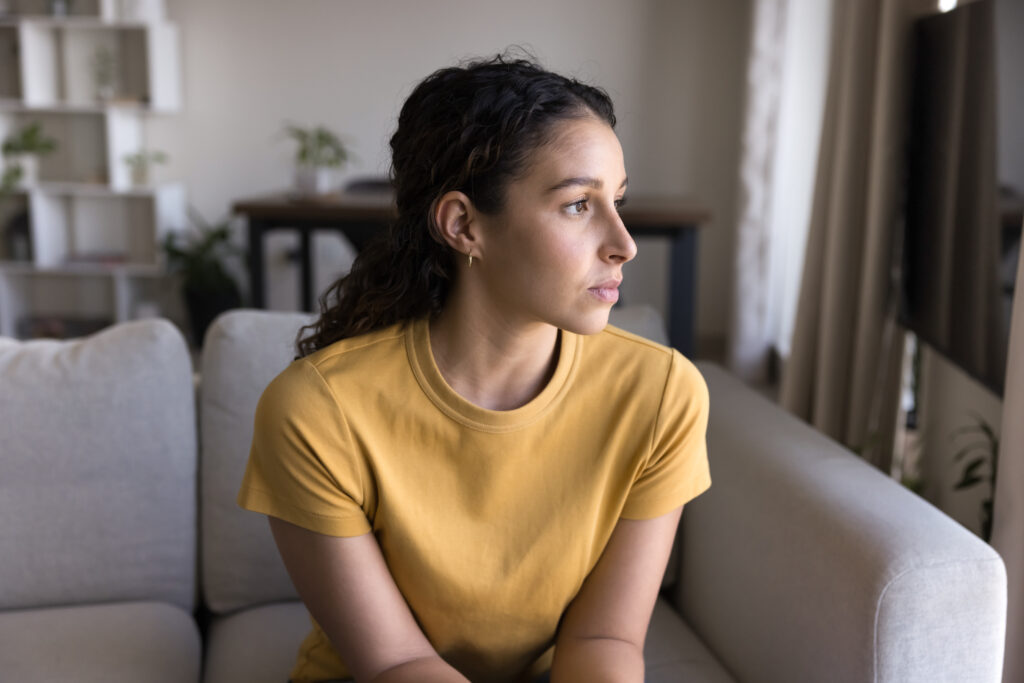The world can feel pretty scary sometimes. It can seem like there’s news of war, violence, and natural disasters every day. Yet trauma doesn’t only affect those who survive a hurricane or go to war.
70% of adults live through some type of trauma. While most don’t make the news, it doesn’t make them less real. Seeing trauma for what it is, and getting help when needed, can make it easier to move forward.
What is trauma?
Trauma is what we go through when we’re exposed to something very stressful, scary, or upsetting. Often, it’s outside of our control. It can be a one-time incident, like being assaulted. Or it can be recurring, like being abused over time. It doesn’t have to happen directly to you, either. Just witnessing something terrible can cause trauma.
Examples of trauma can be:
- Childhood abuse or neglect
- War and other violence
- Physical, emotional, or sexual abuse
- Accidents and natural disasters
- Witnessing acts of violence
- Grief and loss
- Medical interventions
- Cultural, intergenerational, and historical trauma
What happens after trauma?
How someone responds to trauma is affected by many things. Prior life experiences, coping skills, social support, and more. It’s normal to have feelings like confusion, sadness, and anxiety. Some may even feel numb while others get agitated or riled up.
Usually, these responses are a normal way of coping with trauma. And they can resolve on their own. But other times they last. It can get in the way of someone’s ability to live their life.
Reaching out for help
If trauma symptoms make it difficult to manage daily life, it may be PTSD. Treatment can help. Freespira is an at-home treatment for PTSD symptoms and panic attacks.
Freespira offers:
- Medication-free symptom relief
- No in-person visits
- Private treatment
- Fast results in 1 month or less
If you think you or someone you care about would benefit from treatment, a quick online consultation can help you find out if Freespira is a fit. There’s no cost or commitment to find out more.




